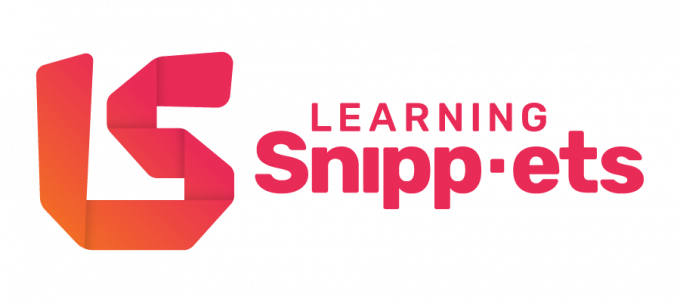
The ‘Peter Principle’ is something you’re probably familiar with, even if you don’t know it by name. In his 1969 book, Dr. Laurence J. Peter described the paradox of people “rising to the level of their incompetence” within organizations. In other words, when someone is skilled and successful at their job, they’re often promoted to a management or leadership position they may not have the skills for. It stands to reason that the best sales reps are not always the best sales managers on day one.
But the central problem here isn’t the organization or the person being promoted: it’s arguably the lack of leadership skills development.
I’ve had the pleasure of working over my career with leaders in a variety of settings, institutions, everything from higher education to financial services, as you highlighted in my bio, but also a lot of clients in healthcare and technology.
And I would say that. Some of the common challenges that leaders face are really that they don’t know where they’re starting from, if that sounds at all clear. And by that I mean, a lot of leaders come into these roles as maybe a really strong individual contributor. Right. They’re really good at what they do.
And someone above says, “Hey, you’re really great at what you do. I think you should now lead this team.” And often what results in that is people stepping up into these roles, but not really feeling equipped on how do I actually manage either people I used to be a peer with, or just leadership in general. My experience has been a lot of people do not have any formal leadership development training who go into these roles. And so they’re kind of left to figure it out all on their own. And some of them have great mentors and direct leaders they can work with, but some of them are just sort of left to their own devices.
And so they tend to lean into the things that made them successful in the first place. Like, being a really strong subject matter expert, really achieving in things like project management. But, they don’t know how to achieve as a leader. And so they struggle, and, I mean, struggle’s an important part of growth, but I think, had they been a bit more equipped from the beginning, then they might have been more effective, if you will, to lead.
And also to recognize that it’s a journey. It’s not something that they become overnight just with the change of a job title.
There’s lots of organizations that I might start working with where I’ll ask from the front end, Do you have a leadership profile? What does leadership look like in your organization? What do you want it to look like? And many can’t answer that question. So it’s no surprise that if organizations are not equipped to be able to answer those questions, then really people going into those roles don’t really have anything to work from. And they kind of have to make it up as they go.
Jenn has been immersed in human resources and training for more than 25 years and she’s committed to helping leaders evolve and grow to support successful organizations.
She holds a master’s certificate in organizational development and change from the Schulich School of Business and professional designations in both human resources (CHRL) and training & development (CTDP). She also holds coaching certifications from Brené Brown’s Dare to Lead, Team Coaching International, EQ in Action, Everything DiSC Workplace, Crucial Conversations, and Five Behaviours of Team Development.
Jenn’s career started in HR at the University of Wilfred Laurier in Waterloo, Ontario, then she moved to PriceWaterhouseCooper where she learned, tested, implemented, planned and oversaw hundreds of tools, trainings, courses, assessments, and management interventions. She has empowered more than 5,000 individuals and led more than 475 trainings.
Jenn is also the Subject Matter Expert for two of Dialectic’s new Learning Snippets programs: Leadership 101 and Collaboration 101. These are scenario-based microlearning programs that are designed to equip leaders and team members with proven tools and strategies.
Dialectic helps organizations improve the way people work, learn, and collaborate through person-centred design and the latest in social science.

Does your team struggle with learning new soft skills?
Use our app or upload Snippets to your LMS to build better habits in minutes with scenario-based microlearning.
© 2025 Dialectic. All rights reserved. | Contact Us | Privacy Policy | Terms of Use | AODA Statement
See how easy it is to activate soft skills in your organization. Soft skills training on 3 key topics: DEI, Leadership, and Collaboration.